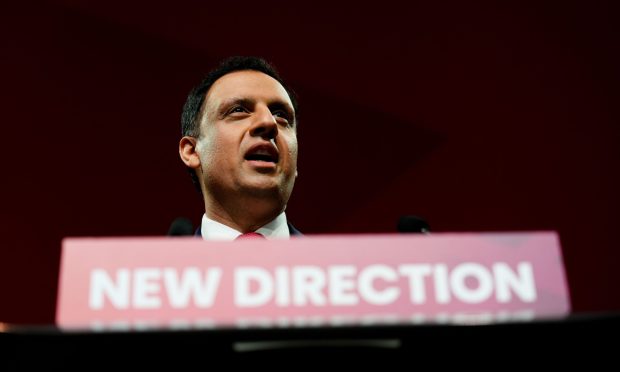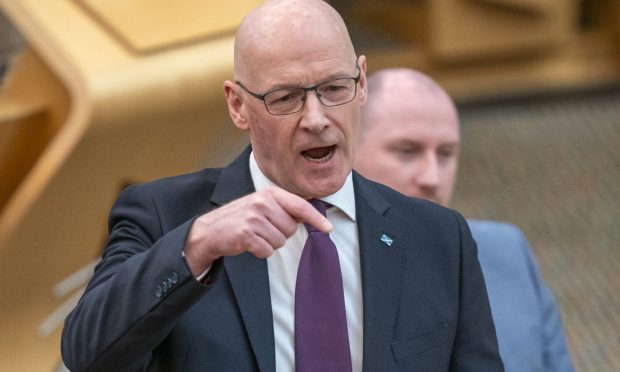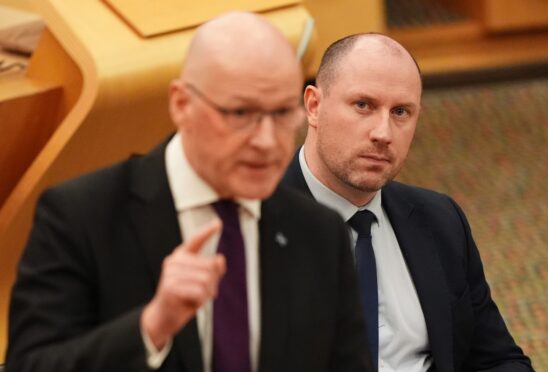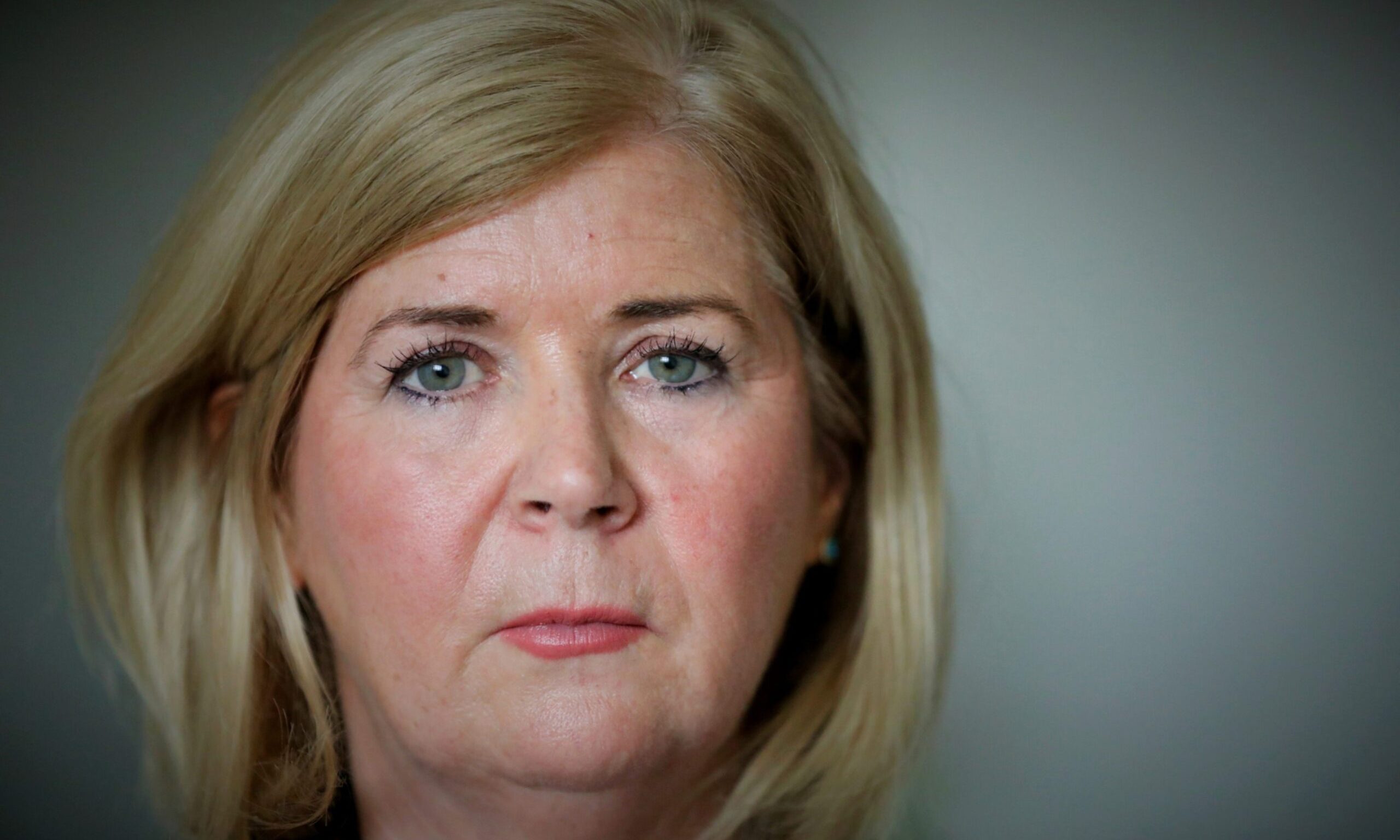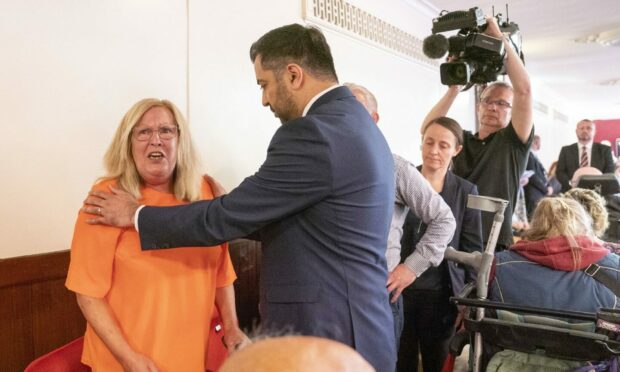The devolution deal must be changed to stop Westminster overruling the Scottish Parliament again, says the SNP’s Brexit Secretary.
Michael Russell has called for a political convention, which restricts the UK Parliament’s ability to take control of Holyrood’s powers, to be put on a legal footing.
It follows a long-running row over whether some returning EU competences should be held in London or Edinburgh.
Mr Russell said the UK Government’s decision to keep devolved powers in Westminster in defiance of a Holyrood vote was in “direct breach” of the Sewel Convention.
The political agreement is enshrined in the Scotland Act 1998, which says that Westminster will not normally legislate in devolved areas without the approval of Holyrood.
“It is time to look again at how we embed the requirement for the Scottish Parliament’s consent in law,” Mr Russell told MSPs on Tuesday.
Adam Tomkins, for the Scottish Conservatives, said that “far from being the guardians of devolution, [the SNP] want to be the architects of its demise”.
Earlier this week, one of the architects of Scottish devolution said the decision to push through the “power grab” elements of the EU Withdrawal Bill was not a breach of the agreement.
Lord Sewel, who wrote the section on the convention, said Brexit was a “major constitutional adjustment” that meant the UK Government could “act on its own initiative”.
Calling Brexit a “major crisis”, the Labour peer said: “There is that ‘not normally’ phrase in the convention which does I think clearly recognise the possibility that something quite out of the ordinary would happen, which would mean the UK Parliament would be required to legislate in a devolved matter even without the permission of the Scottish Parliament.”
Tory ministers say 24 of the 153 repatriated powers covering devolved areas must initially be run from Westminster, while common rules are drawn up to protect the British internal market.
That could mean the UK Parliament holding onto Holyrood competences for up to seven years, which the SNP have branded a “power grab” and a “democratic outrage”.
Meanwhile, the EU’s chief negotiator Michel Barnier said the UK will not be able to take part in European Arrest Warrant, which allows EU members to request the arrest and detention of criminals in other countries without extradition talks between them.
Explaining his position on the EAW, Mr Barnier said the Prime Minister’s red lines meant the UK would not accept free movement of people, the jurisdiction of the European Court of Justice or the application of the charter of fundamental rights.
“This means that the UK cannot take part in the European Arrest Warrant,” he said, but stressed that a “streamlined” extradition process with time limits could be introduced in its place.
It was used against St Andrews professor Clara Ponsati, the ex-Catalan minister who faces extradition to Spain on charges of violent rebellion and misuse of public funds.
UK ministers face another showdown with their critics on Wednesday in the Commons after the House of Lords on backed an amendment giving MPs a “meaningful vote” on the final Brexit deal.



